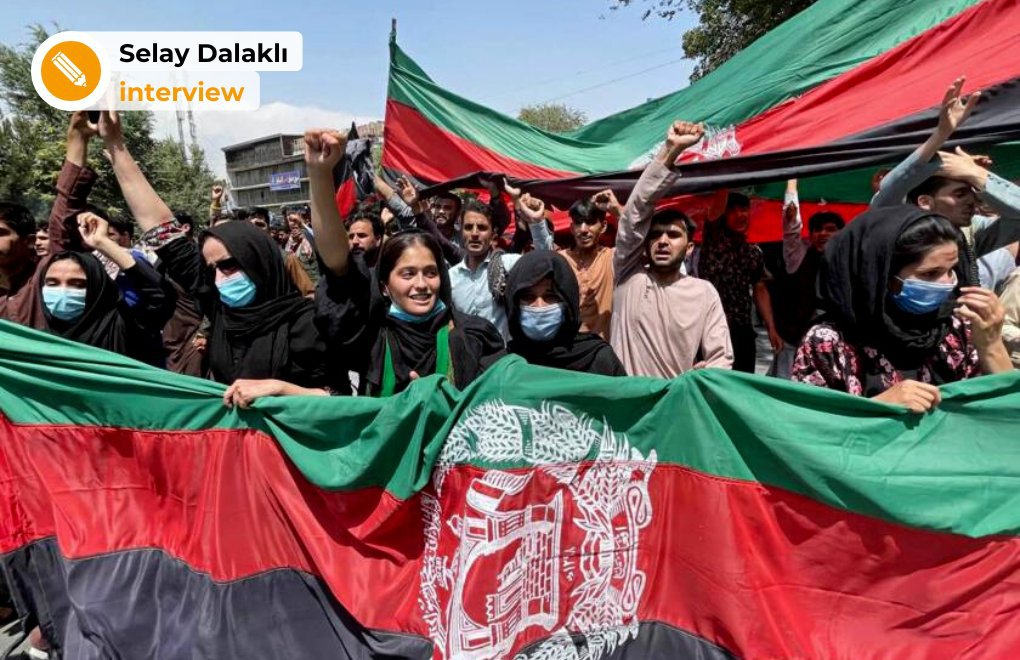East Ghouta, Damascus (Photo: AA/File)
Click to read the article in Turkish
The Turkish Armed Forces (TSK) on Sunday launched air strikes on north Syria and Iraq Kurdistan Regional Government (KRG) region following the explosion in İstanbul on November 13, killing six people.
According to what President and Chairperson of Justice and Development Party (AKP) Recep Tayyip Erdoğan said yesterday (November 20) it is also possible that these attacks "will not be limited to an air operation."
Assoc. Prof. Arzu Yılmaz from the University of Kurdistan Hewlêr (UKH) Political Sciences and International Relations Department recalls Türkiye's airstrikes in Kurdistan since 2015 and says, "Not even birds can fly in the airspace of Iraq without the knowledge of he US. It's as clear as that."

How are the air strikes of Türkiye possible considering the presence of the US and Russia in the region? And what is more important how will the air strikes of Türkiye change the equations in the region? Is a ground offensive possible in the near future as implied by Erdoğan?
Yılmaz said that both the US and Russia are giving indirect support to the operations of Türkiye, Russia by keeping silent and the US with statements expressing that "they are concerned." She also drew attention to the competition between Türkiye and Iran in Syria and Iraq Kurdistan and how they use foreign policy in their domestic politics.
"Not even birds can fly"
How have the air strikes of Türkiye been possible considering the presence of the US and Russia in the region?
First let us, with the occasion of these last attacks, confirm once again: Not even birds can fly in Iraq air space beyond the knowledge of the US. It is as clear as that.
I am not saying this only in the context of the last attacks. Türkiye was bombing the Kurdistan region of Iraq as of July 2015. Why do I give reference to this date especially? Because there is a general perception that bombings were not carried out during the İmralı peace process (the resolution process)
Very little can be explained in international relations with coincidences but here there is an interesting one. If we look at that period briefly, Türkiye was not opening the İncirlik base to the international coalition. Türkiye started bombing Iraq Kurdistan region again exactly on the next day the country opened its İncirlik base to the international coalition,
Only a few months ago the Iraqi government requested the US to deliver control of its air space to them based on sovereignty rights. That is why I am saying that "Not even birds can fly beyond the knowledge of the US." The Iraqi air space is controlled completely by the US.
Since Russia intervened in Syria in 2015, the US is also controlling the Syrian air space to a large extent in coordination with Russia. Therefore Türkiye cannot in any way carry out air strikes beyond the knowledge of Russia or the US.
Russia and US, west and east of the Euphrates
Then can we say that the US and Russia have given permission to Türkiye for the air strikes?
There have been only rare exceptions since today related to air strikes without their permission. The only exception in relation to the Iraqi air space was the reporting that the US was not providing intelligence for a period.
Türkiye was at first bombing the border areas. In the Donald Trump period in the US, a deeper area emerged as the pressure on Iran was maximized. After 2018 Türkiye started carrying out air strike operations 53 kilometers from the border and even further.
The coordination in Syrian air space I refer to between Russia and the US is reflected as the west and the east of the Euphrates in the field. Therefore air strikes of Türkiye on the west of the Euphrates are important.
For instance the Arfin operation... There was a land operation to Afrin but Türkiye was not able to occupy Afrin for two months. But when Russia opened the air space, the Afrin operation resulted in favor of Türkiye in a few days.
'Tragicomic' statement from the US
If I should give an example in relation to the US, we can talk about the 2019 operation. In 2019 the air strikes of Türkiye were carried out following explicit consent. And land operations followed that also.
We also know this: Both the US and Russia are giving indirect support, Russia keeping silent, and the US with statements expressing that "they are concerned."
Erdoğan yesterday answered a question from the journalists on if they are in coordination with Russia and the US during the operations which he responded by saying, "We do not take permission." There is no such thing! The US Embassy had already announced this operation two days before.
What I find tragicomic here is US National Security Council Coordinator for the Middle East and North Africa Brett McGurk talking about Turkey having given them reassurance in relation to the east of Euphrates, saying that Washington wanted "to make sure that nothing is done to destabilise the very difficult situation in north-east Syria." What kind of reassurance do you have? It can only be sharing the coordinates of the 200 US soldiers in the region and taking reassurance that they will not be hit in the bombings.
This is tragicomic. Even this statement by McGurk can be considered evidence of indirect support.
Competition between Türkiye and Iran for influence
President Erdoğan was giving the signal of an operation toward north Syria for some time. The last air strikes of TSK followed the explosion in İstiklal Avenue. How do you see the developments when you look at the last few months? What do you think will happen in the region? Do you expect a land operation?
In fact, there are two sides to this question. As for one thing, Iran and Türkiye are in an obvious struggle r for a zone of influence both in Syria and in the Kurdistan region of Iraq. At least I am clear about such a fight over sharing and over zones of influence.
And there are two actors that are operational in this region, that can determine the developments here, and they are the US and Russia.
Neither of these two actors seems to have any strategic objection to this fight, to this both political and military struggle between Iran and Türkiye going on over the Kurdistan region. However tactically we see some cyclical reservations or support at times in relation to either Iran-Russia-US relations or Türkiye-Russia-US relations.
This appears in the great scheme. It is not an issue of today only. There is also an explanation in the concept of Türkiye and Iran.
"Iran and Türkiye are following the same policy"
I am in Hewler at the moment. Iran is expected to carry out a land operation in the Kurdistan region of Iraq any day.
There is an explanation in the context of the relations of both to the global actors and there is an explanation in the context of the domestic politics for both.
For example, Iran is trying to show the wave of protests all the way from the Balochistan region to the Iranian Azarbeycan including different ethnicities and religious sects as if it is a problem of the Kurdish minority in Iran and the Kurdistan region in Iran in order to marginalize it, and also trying to continue its expansion in the region using this as a justification for its expansion policy.
Another important thing is that Iran wants to be a partner in the gas and oil delivery to be made from the Kurdistan region of Iraq following the Ukraine crisis. Iran wants to take a share from e these new markets due to the embargos imposed on it.
AKP-MHP coalition and anti-Kurd policies in Türkiye
It is similar in Türkiye... In Türkiye the AKP - MHP (Nationalist Movement Party) coalition is pursuing an anti-Kurd policy since the 2015 elections. This is what constitutes the essence of the coalition. This is what they have in common, what they agree on...
Remember what happened in Türkiye after June 7, 2015... Starting from Ahmet Davutoğlu not being able to form a government until the renewed elections...
The basic agreement among the ruling coalition formed following the November elections was built on an anti-Kurd policy. Today while Türkiye is heading towards a very critical election there is the insistence that this policy should continue in order for this coalition to continue unchanged.
Syria and Iraq areas are areas where Türkiye is able to take action as if it was its own land, take military action easily due to the reasons I mentioned above and change the equations.
The government doesn't have the strength to reverse the economic or political problems we face in the country while the election nears. They have much less room to maneuver inside compared to Syria and Iraq.
Therefore the only room to maneuver for Türkiye is the Syria and Iraq field, and they are using it to increase their capacity to get stronger in domestic politics and elections, to pressure the opposition coalition, to overshadow the problems the electorate is facing, and to refresh confidence for the anti-Kurd policy which will guarantee continuity with the coalition partner MHP.
These can be sufficient in explaining how Türkiye is using this problem as an instrument in domestic politics. (SD/PE/VK)





.jpg)
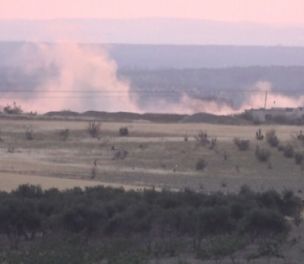


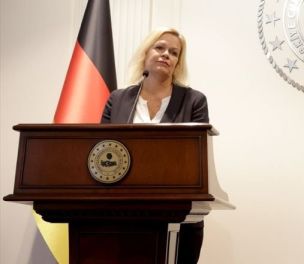
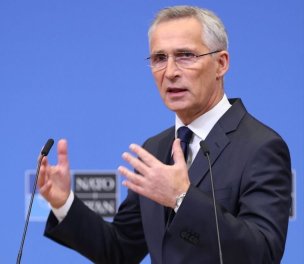
sa.jpg)
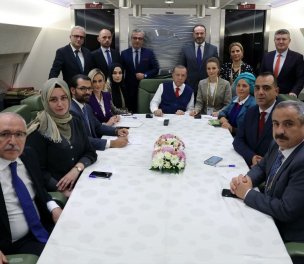
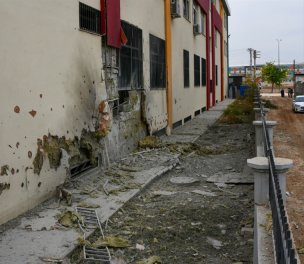
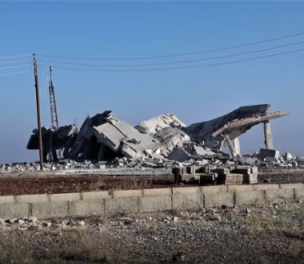

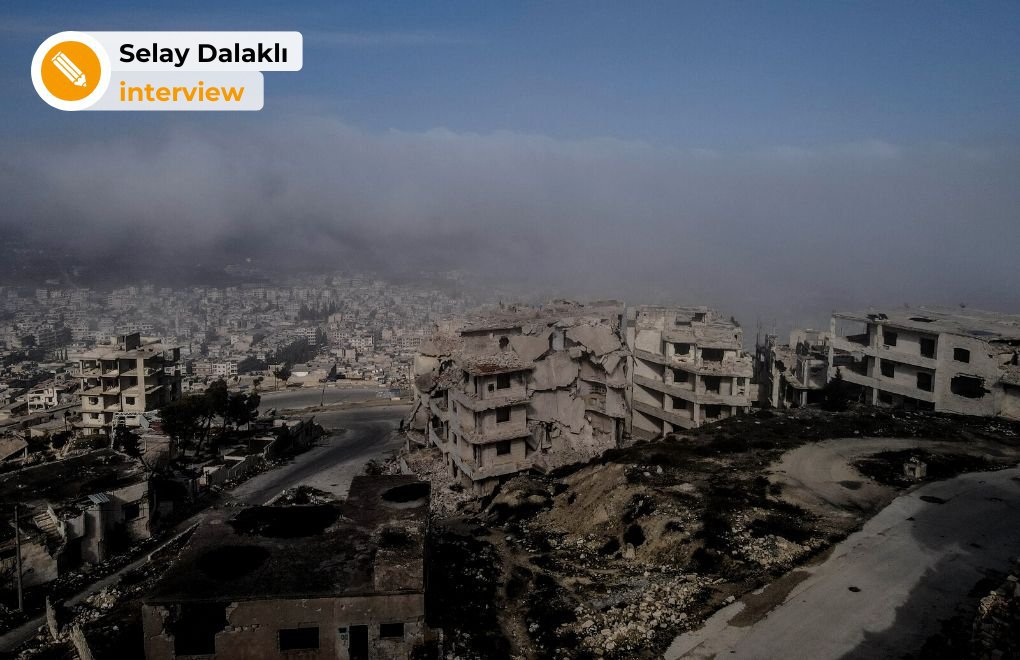
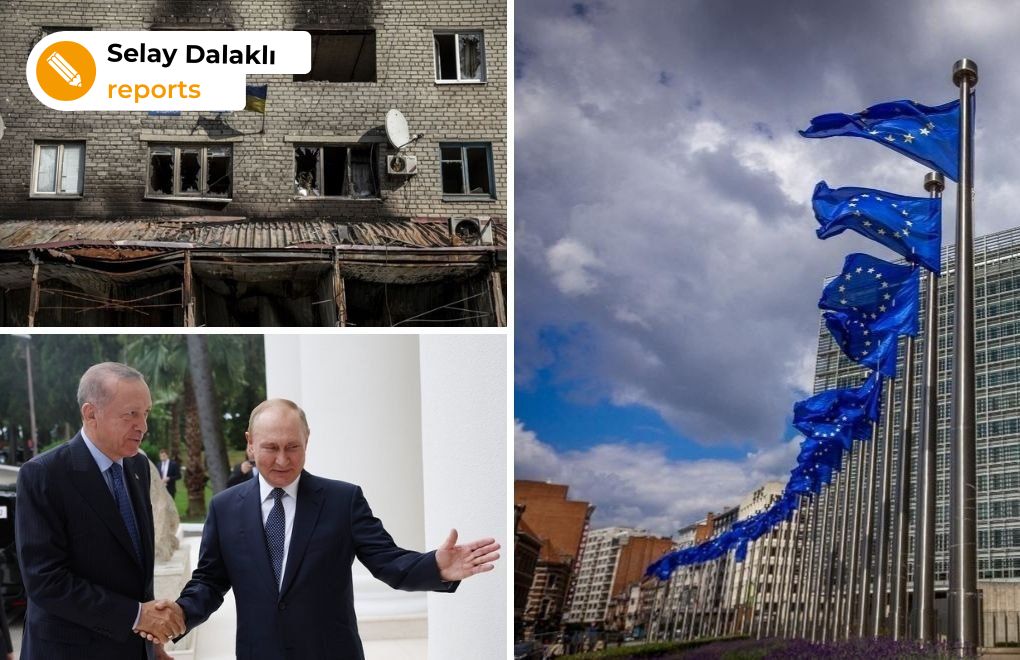
.jpg)
